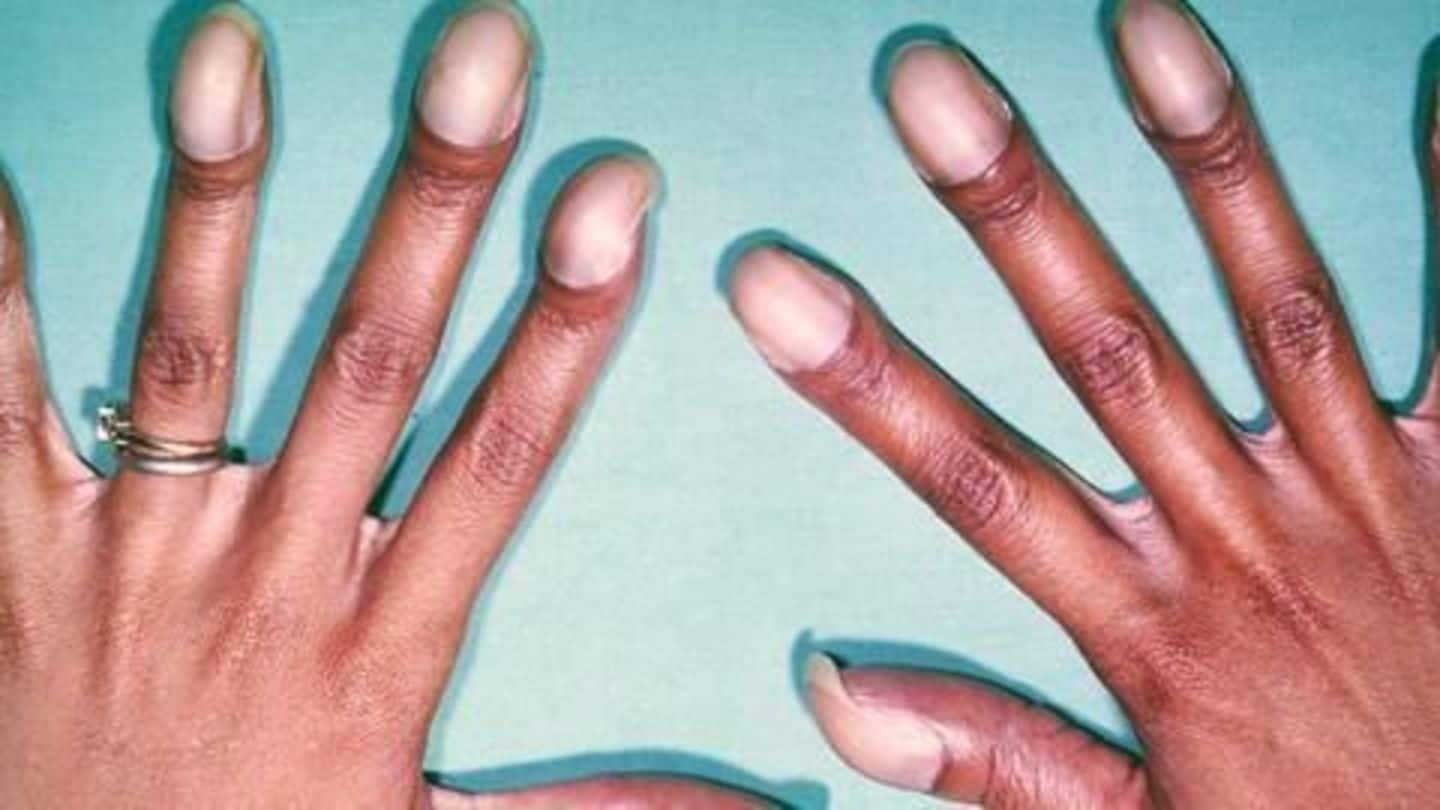
In relief for 70mn people, India gets rare diseases registry
What's the story
The Indian Council of Medical Research (ICMR) has set up a registry of rare diseases to record information about patients suffering from such illnesses.
Apart from maintaining a database, the registry, set up on April 28, will also help formulate policies on funding, treatment and more.
Initially, information will be gathered for only those cases for which a treatment system is in place.
Definition
What is considered a 'rare disease' in India?
"A disease is defined as rare when it affects less than one in 2,500 individuals," said Dr Soumya Swaminathan, ICMR Director General and secretary at the Department of Health Research. Over 70mn Indians suffer from such disorders and live with them throughout their lives.
India
Bleak situation for Indian patients
For starters, there are only 500 FDA-approved drugs for over 7,000 rare diseases globally; not many in India have access to these.
There is often no cure, only supportive care. Treatment is extremely costly too, ranging from lakhs to crores a year.
The absence of suitable policies and schemes is another obstacle, says Prasanna Kumar B Shirol, director of Organization for Rare Diseases India.
Details
How will the registry be made? What will it show?
ICMR says the registry will help find the "precise number of patients, age of onset of symptoms, age of diagnosis, the course of the disease, etc".
In the beginning, data will be collected from hospitals and physicians.
ICMR has already contacted organizations like Indian RETT Syndrome Foundation, The Fragile X Society India and several others for information on the patients they manage.
Information
The Centre does its bit
The health ministry is currently discussing a draft policy for treatment of rare diseases. Provision of financial support is also under consideration. The Centre has, meanwhile, placed a paper in the public domain on identifying doctors, pharmacists and beneficiaries in case of e-pharmacies.